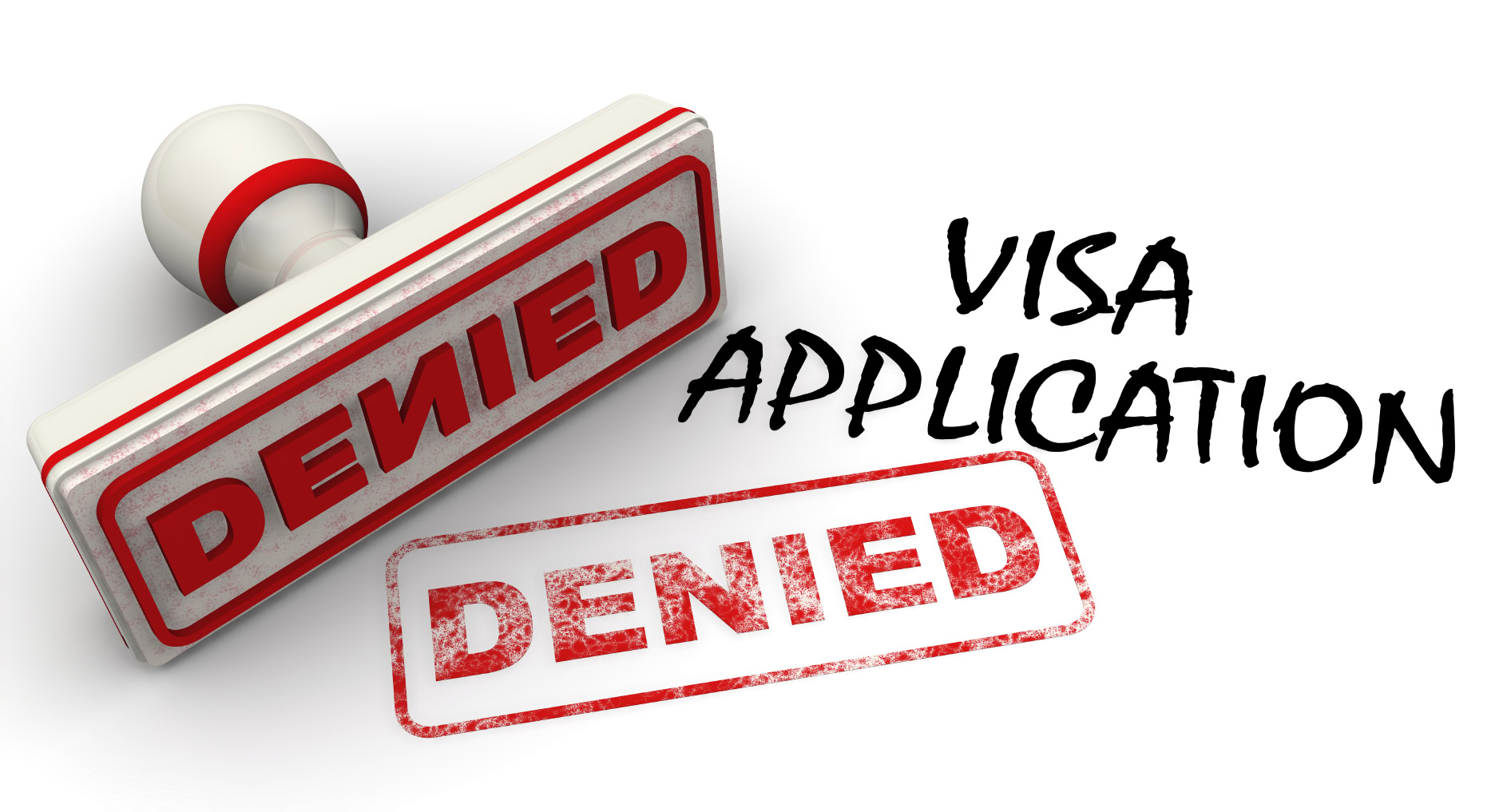Canada’s New Immigration Pathway: Connecting Skilled Refugees and Displaced Persons with Employers
Canada has announced a new immigration pathway that will connect skilled refugees and displaced persons with employers in Canada. The pathway will be available under the federal Economic Mobility Pathways Pilot (EMPP), and is set to launch this 2023 summer. The EMPP aims to help employers hire skilled refugees and other displaced persons to overcome labour shortages in key occupations. This new pathway will give employers more opportunities to address in-demand jobs such as nurses, personal support workers, software engineers, web designers, and many more. Canada is looking to expand the EMPP over the next few years and welcome 2,000 qualified refugees and displaced persons to fill labour shortages.
Immigration, Refugees and Citizenship Canada (IRCC) has set a target to welcome 465,000 new permanent residents in Canada this year. This number is expected to increase to 485,000 in 2024, and 500,000 in 2025 under the Immigration Levels Plan 2023-2025. Last year, Canada welcomed over 437,000 immigrants, including foreign students and workers. This resulted in the country’s population growing by over one million people for the first time in history.
Canada’s ambitious immigration targets are focused on addressing the country’s labor shortages, and there are over 100 different economic class immigration pathways available for prospective immigrants. The Provincial Nominee Program (PNP) is the leading economic class pathway that enables provinces and territories to identify candidates who meet their local economic needs. Meanwhile, the Express Entry system is the leading federal pathway. As Canada continues to welcome immigrants from all over the world, it offers many opportunities for those looking to start a new life and contribute to the country’s growth and development.
Canada’s Definition of a Refugee
If you are someone who has been forced to leave your home country because of war or fear of persecution based on your race, religion, nationality, political opinion, or sexual orientation, and you are unable to return home, then you may be considered a refugee in Canada.
It’s important to understand that refugees differ from immigrants. Immigrants are individuals who choose to leave their home country and settle permanently in a different country, while refugees are forced to leave their country due to the hardships they face.
If you are in Canada, you can make a refugee claim when you arrive by air, land, or sea. If you are outside of Canada, you may also make a refugee claim, but you need to be sponsored by the government or a private group.
Who is Eligible and How to Apply
If you are in Canada and you have fled your home country due to war, persecution, or a natural disaster, you may be eligible to claim refugee status. This means you can seek protection and stay in Canada if you are unable or unwilling to return to your home country.
To apply for refugee status in Canada, you must first determine which refugee category applies to your situation. It is important to file your application under the correct category, so that your claim is processed properly. There are two main categories for refugee status within Canada: Convention Refugee and Person in need of Protection. Make sure to understand the requirements for each category before filing your claim
What factors could prevent you from being eligible for Refugee Status in Canada?
If you’re considering making a refugee claim in Canada, it’s important to know what would make you ineligible for refugee status. Here are some reasons why you may not be eligible:
- If you have already made a previous refugee claim in Canada, you may not be eligible to make another one.
- If you have already been recognized as a refugee in another country, and you can be returned to that country without any issues, you may not be eligible for refugee status in Canada.
- If you come to Canada through one of the designated “safe third countries,” you may not be eligible for refugee status. These are countries that Canada has determined to be safe for refugees, and if you come from one of these countries, you may be required to make your refugee claim in that country instead.
- If you have been determined to be inadmissible to Canada based on security, serious criminality, organized crime, or violating human or international rights, you may not be eligible for refugee status.
Remember, if you have any questions or concerns about your eligibility for refugee status, it’s always a good idea to consult with a Canadian immigration representative who can guide you through the process.
Do you need an immigration representative to assist you with your application for Canadian immigration
While it is not mandatory to have an immigration representative, it is highly recommended to do so in order to ensure a smooth and successful application process. With the numerous details and documents required for immigration, having the guidance of a Canadian Immigration representative can save you time, money, and unnecessary stress.
At Akrami and Associates, our experienced representatives can assist you with any questions or concerns you may have about your application. We will work with you to ensure that all necessary information and documents are included, minimizing the risk of errors and increasing the likelihood of a positive outcome.
By choosing our firm, you can have confidence that your application will be completed accurately and efficiently. Don’t take any chances with your future in Canada – contact us today to learn more about how we can help you with your immigration needs.
Latest Immigrations News

July 6, 2025
Banned from Canada? Not Anymore!
Most people think that a criminal record shuts the door on Canada for good. But that’s simply not true. Yes, it can complicate things. Yes, border agents can (and often do) turn people away. But no, it’s not the end of the road. If you’ve served your [...]

June 30, 2025
Your Shortcut to Business in Canada: C11 Work Permit
Thinking about launching your business in Canada? Maybe you’ve spotted a gap in the market, or you’re just ready to expand your entrepreneurial journey to one of the most dynamic economies in the world. If that’s you, there’s good news: you don’t need a Canadian employer or [...]

June 24, 2025
Why Canada Visitor Visas Keep Getting Refused And How to Get Approved
Applying for a visitor visa to Canada sounds straightforward on paper. Fill out a few forms, gather your documents, pay the fee, and you’re good to go, right? Unfortunately, that’s rarely how it plays out. Refusals are far more common than most applicants expect. And if you’ve [...]

Book a Conslutation
One of our Representatives will
assist you with your matter. Book Now!
Click here

Call us for
more Information
+1-416-477-2545
Toll Free: 1-877-820-7121
Click here

Write Us (Online Form)
Complete our form and one of our
Representatives will contact you.
Click here
Subscribe To Our Newsletter


